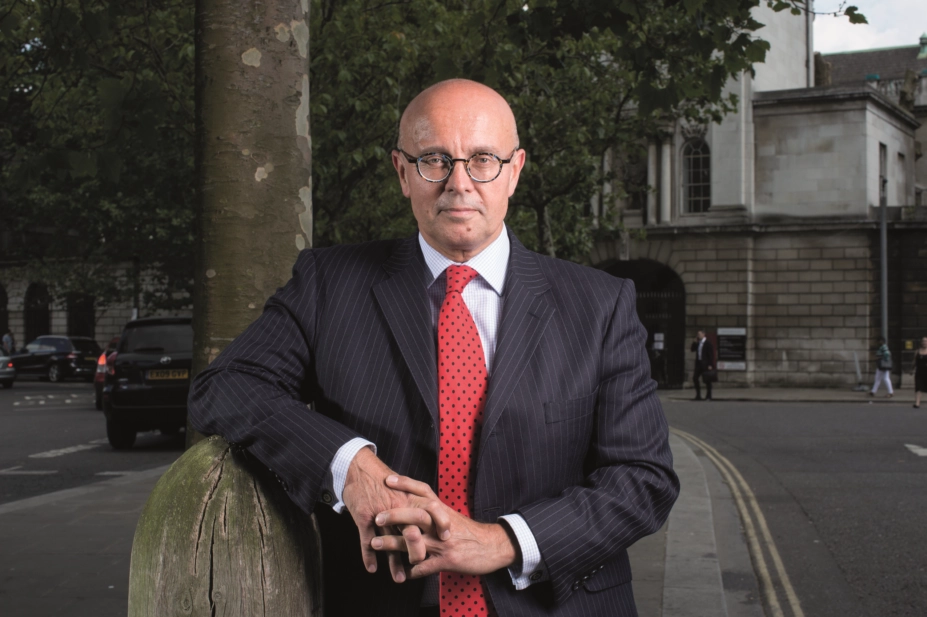
Jeff Gilbert
Transitional payments for pharmacies will increase early in the 2020/2021 financial year, but then be phased out, with no transition payments at all expected from 2021/2022, pharmacy negotiators have said.
Announcing details of updates to the community pharmacy contract for 2020/2021, the Pharmaceutical Services Negotiating Committee (PSNC) said in a press release that transitional payments, designed to smooth the switch towards greater funding for pharmacy clinical services, would initially rise in the 2020/2021 financial year, but would then reduce over the year “as agreed new services come into the community pharmacy contractual framework”.
A letter sent to pharmacy contractors from the PSNC says: “The transitional payment is increased. It will be important that this funding is used by contractors to ready themselves for their changing role.”
It adds: “The payment recognises pressures in relation to the engagement with local primary care networks, implementing new working practices, and staff training to support new services, as well as ongoing change”.
The original five-year contract says that transitional payments will be made only in 2019/2020 and 2020/2021.
The level of funding through the contract remains at £2.59bn for 2020/2021, but no details on the level of transitional payments, or payments via the pharmacy quality scheme (PQS) will be released until the April 2020 Drug Tariff is published. The budget allocation for the PQS will remain at £75m.
The PSNC has accepted that the unpredictability of the switch to referral-based services is a “real challenge” for community pharmacy and Simon Dukes, chief executive at the PSNC, said the committee would be “monitoring very carefully” the funding streams for pharmacies as transition payments are cut.
“Pharmacies will need to make sure that their plans for maximising their potential for delivering these services are in place,” he said.
“If they are not, we will need to find out what the barriers are and then deal with them.”
The 2020/2021 budget allocation for the pharmacy access scheme, new medicine service and dispensing fees all remain the same as the previous year, and the retained margin stays at £800m.
Changes announced as part of the 2020/2021 update for the contract include a delay for the rollout of direct GP-to-pharmacy referrals following 11 regional pilots of the GP ‘Digital minor illness referral service’.
The five-year community pharmacy contract initially stated that the scheme would be introduced nationally from April 2020, provided that the pilot projects demonstrated “value for money”.
Dukes said the pilot projects had achieved “mixed success” and were still being assessed.
He added that “seamless technology” would be vital to ensuring the GP referral service worked effectively, and hoped that the scheme would be rolled out from October 2020.
Other changes announced as part of the updated contract include early discussions on providing NHS travel vaccinations from pharmacies, with a target for introduction of March 2021; a hepatitis C testing service, with funding of £2m, will begin in April 2020; and a hospital-to-pharmacy discharge referral service will also be introduced in July 2020.
Planning for the introduction of clinical pilots for blood pressure testing, test and treat for Streptococcus A, and smoking cessation referrals for patients discharged from hospital are ongoing, Dukes said.
The National Pharmacy Association welcomed the continuing emphasis on community pharmacy clinical services in the updated contract, but acting chair Andrew Lane said: “The current core funding for England’s pharmacies isn’t enough to achieve the transformational improvements the secretary of state says he wants over the coming years”.
“This is a fact that NHS England chief executive, Simon Stevens, really must respond to, in order to meet policy objectives like improved access to primary care.”
Clare Anderson, chair of the Royal Pharmaceutical Society English Pharmacy Board, welcomed the role that pharmacy will play in the discharge medicines service, but said: “It is frustrating that money remains at the same rate for new services and the limited details on some of the updates in the deal, particularly regarding the review of the PQS.”


